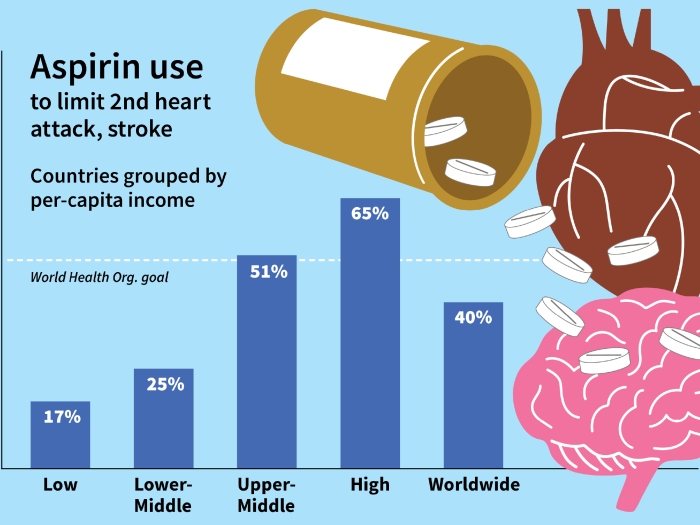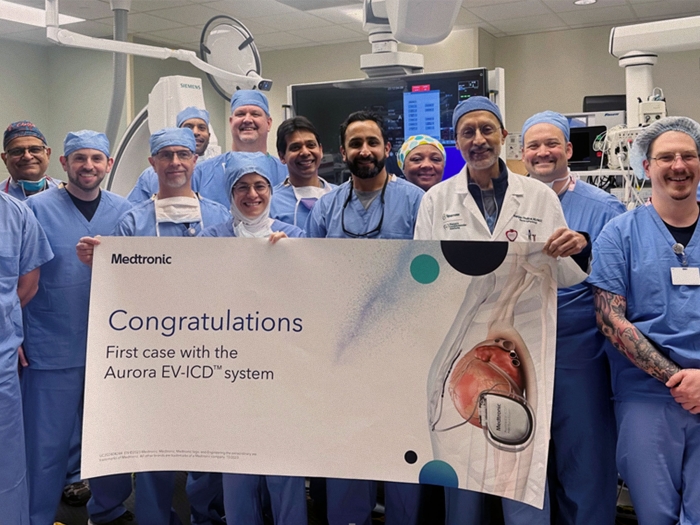When most people hear “wearable technology,” they think of fitness trackers and enhanced glasses. The total artificial heart works on a higher level — allowing heart patients independence as they wait for a heart transplant.
9:02 AM
Author |
24-year-old Stan Larkin, of Ypsilanti, Mich., was the first patient to leave a Michigan hospital without a human heart, thanks to a backpack-sized portable power drive that runs his total artificial heart. The artificial heart is used by patients at risk of dying from end-stage biventricular heart failure.
"The device Stan has is the SynCardia temporary Total Artificial Heart, a mechanical pump to bridge him to transplantation," says University of Michigan cardiac surgeon Jonathan Haft, M.D. "He's still listed for a heart transplant and we hope to transplant him as soon as an organ is available. In the meantime he can be at home, he can be functional, and continue to rehabilitate himself so he's in the best possible shape when his opportunity comes."
With the total artificial heart there are two tubes that exit the body, and those tubes have to be connected to a machine that can deliver compressed air into the ventricles to allow blood to be pumped through the body. Prior to the development of the Freedom portable driver, the only FDA-approved driver for the SynCardia temporary Total Artificial Heart was the "Big Blue" hospital driver, which weighs 418 pounds and is the size of a washing machine.
Due to a shortage of organs, total artificial heart patients supported by Big Blue were confined to the hospital for months, sometimes years, while waiting for a matching donor heart. The Freedom driver does the same thing as Big Blue — deliver the compressed air — except it is portable and weighs only 13 pounds.
In the video above, Larkin and Haft talk about the advantages of this breakthrough.

Explore a variety of healthcare news & stories by visiting the Health Lab home page for more articles.

Department of Communication at Michigan Medicine
Want top health & research news weekly? Sign up for Health Lab’s newsletters today!





